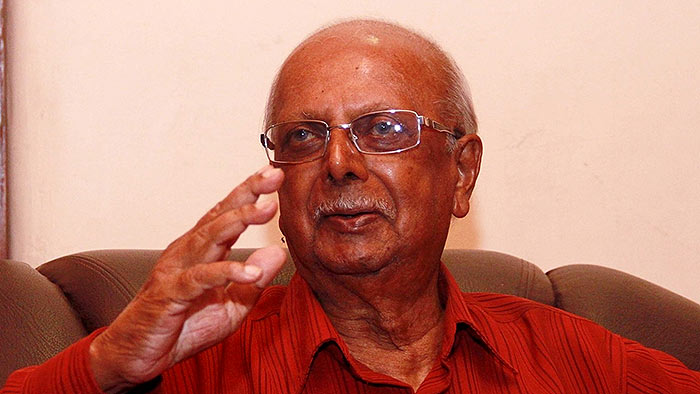‘Hunger needs to be overcome before highways and high life’

The global economic crisis has affected all countries, but small economies like Sri Lanka are the worst hit. A recent nutritional study in Sri Lanka shows that the level of malnutrition has gone up to 18%, while the poverty level has reached 60%.
While the rural and plantation sectors are worst affected, the urban sector has also been hit. On International Women’s Day, it was sad to see continuing discrimination and the sad plight of women in our country, a cause for concern.
Besides the many women who bear the burden of doing a job while running the home and caring for the family, the war widows and elderly are suffering in silence with no support from society. The economic downturn has been aggravated by the Covid 19 pandemic. The media makes little or no mention of this grave situation, and the Government carries on as usual, with more attention to highways and high life, and only little attention to the problems of hunger and poverty.
The Lanka Sama Samaja Party, that was formed in 1935, is having its Conference on March 20 and 21, and is giving priority to this issue. Developed countries like the USA and UK have daily soup kitchens organized by social welfare organizations. We lack these, and the government must intervene in a more organized manner. The occasional basket of dry rations helps, but a more systematic and organized campaign is required to ensure that no one goes to bed at night hungry.
The Cooperative Movement that was strong and well established in the 1970s should be restored, ensuring that everyone gets. food and essentials, and exploitation by middlemen is minimized. Till then every Grama Sevaka must visit each house and make a list of those in need. Adequate dry rations must reach them. Cooked meals should be supplied to the old and disabled. Religious and other welfare organizations must be mobilized.
The economic downturn is continuing and though the Covid-19 vaccine is being given to high risk groups, it will take some time to reach the over 70-80% coverage required to control transmission in the community. Under these conditions the economic situation will be bad. There is also a financial downturn, as well as a foreign debt crisis.
The country and the people will have to tighten belts and reduce spending. The Government should act with restraint, minimizing expenditure. Ensuring that everybody is fed is the first priority. Highways and other development activities can wait. The better off must take as much of the burden as possible. This means that the level of direct personal tax, which is as low as 14% should be raised to over 45% and the company tax from 18% to at least 50%.
Our foreign debt should be reduced. The government should tighten its restriction on unnecessary imports and construction activities and take the country into its confidence, explain the situation, and give the lead by an austerity budget. The burden must not be put on to the poor through indirect tax increases, but on those who can afford.
Those who have lost jobs should be compensated through local development activities, specially by stimulating the agricultural sector and local value added industry. Some persons will have to undergo skills training. In the meantime some type of dole or financial support by the state will be necessary. Local industry too needs to be supported. The government decision to achieve self-sufficiency is good and achievable.
The LSSP has been advocating adoption of the new solidarity concept. This is gaining ground in Europe and Latin America, and has proved a success. State ventures are run on cooperative lines with ownership being vested in the employees. The latter, in addition to their wages, also get an equal share in the profits of the enterprise. The outcome has been a large increase in the income of both the employees and the enterprise, increased efficiency and curbing of stealing and corruption.
While improving on the devolution of power to the provinces, the development of the province must be an integral part of the total national plan to develop the country as a whole. The allocation of funds should be done accordingly. This will ensure planned development of all parts of the country as one unit. Sri Lanka will become one strong united nation.
Prof. Tissa Vitarana
(Source: The Island)
Latest Headlines in Sri Lanka
- Sri Lanka Air Force extinguishes fire in Nallathanniya reserve February 25, 2025
- Gnanasara Thera granted bail pending appeal of defamation sentence February 25, 2025
- Seven arrested over fatal shooting at Uswetakeiyawa beach February 25, 2025
- Deputy Minister of Defence assures public security in Sri Lanka February 25, 2025
- Two more suspects arrested in connection with ‘Ganemulla Sanjeewa’ murder February 25, 2025


